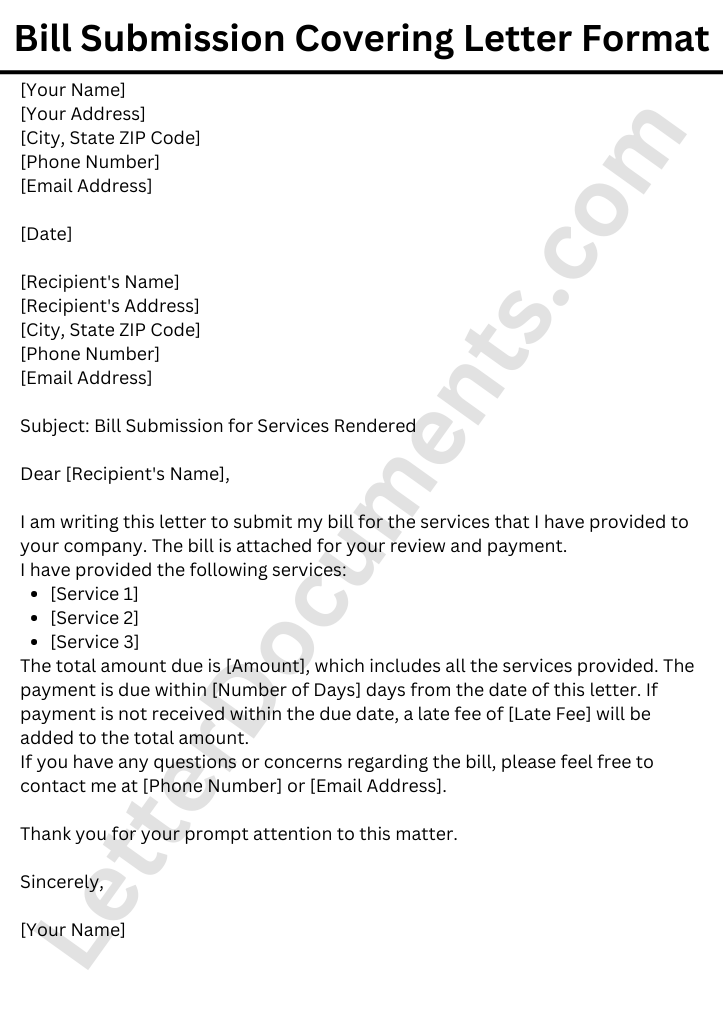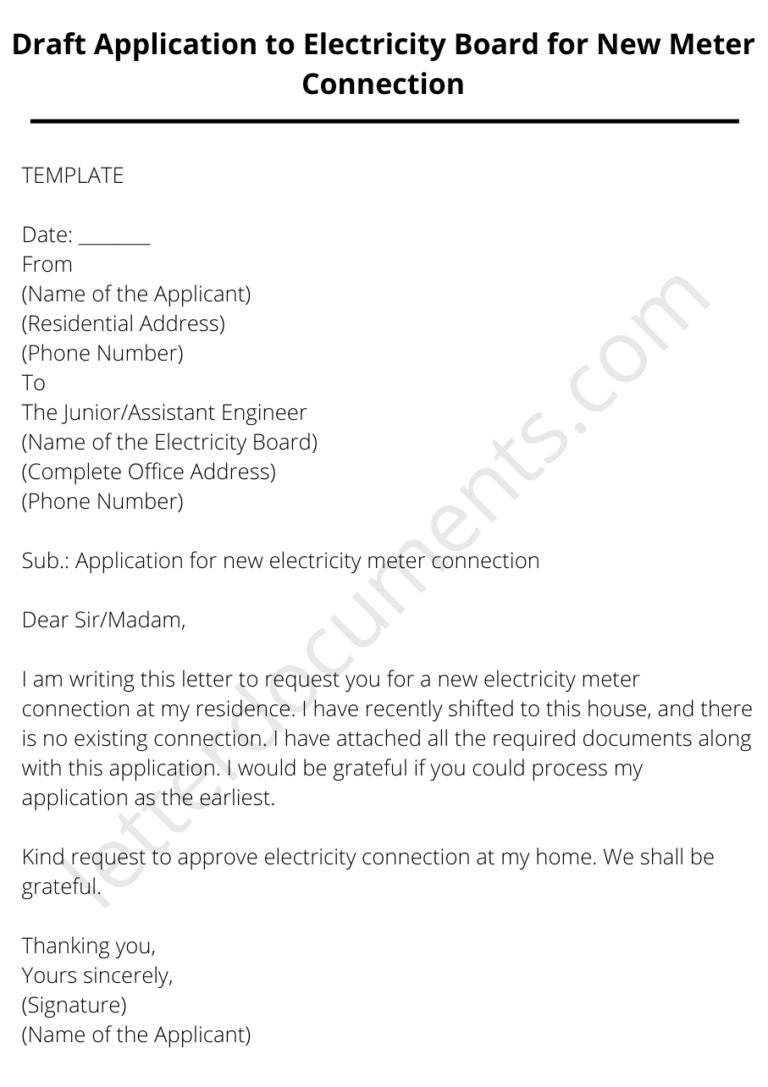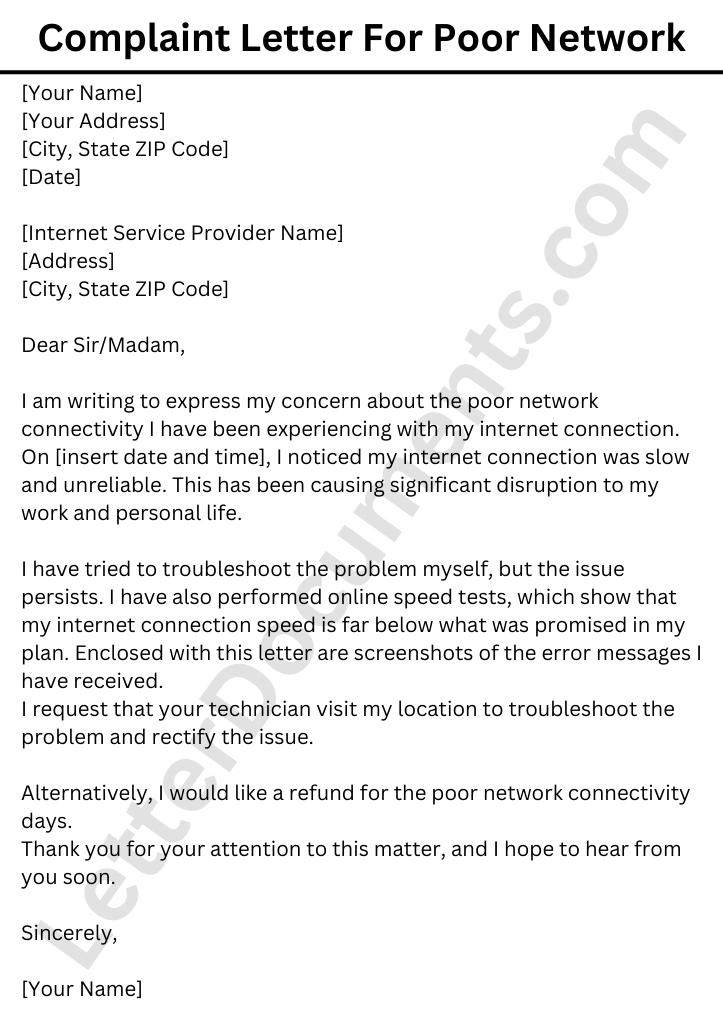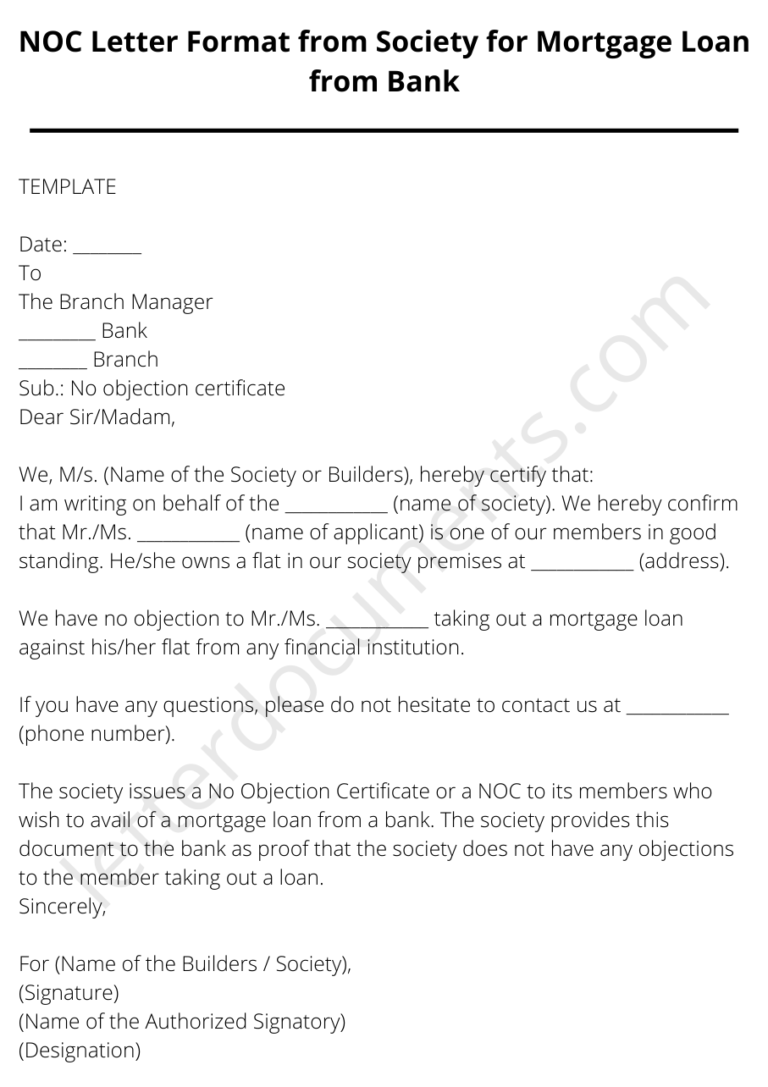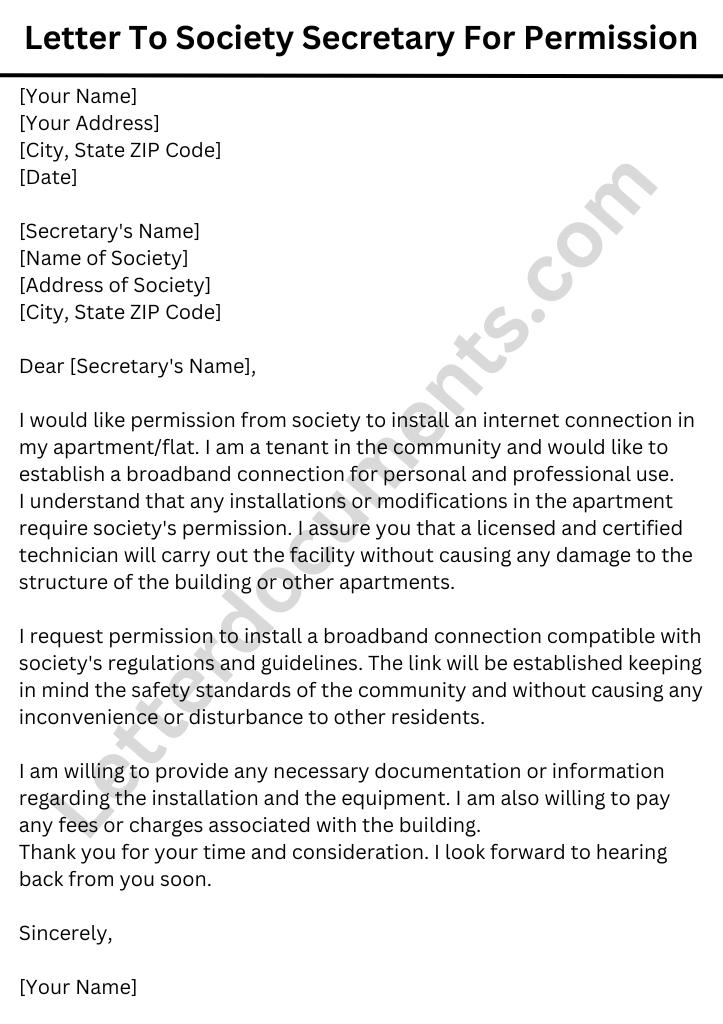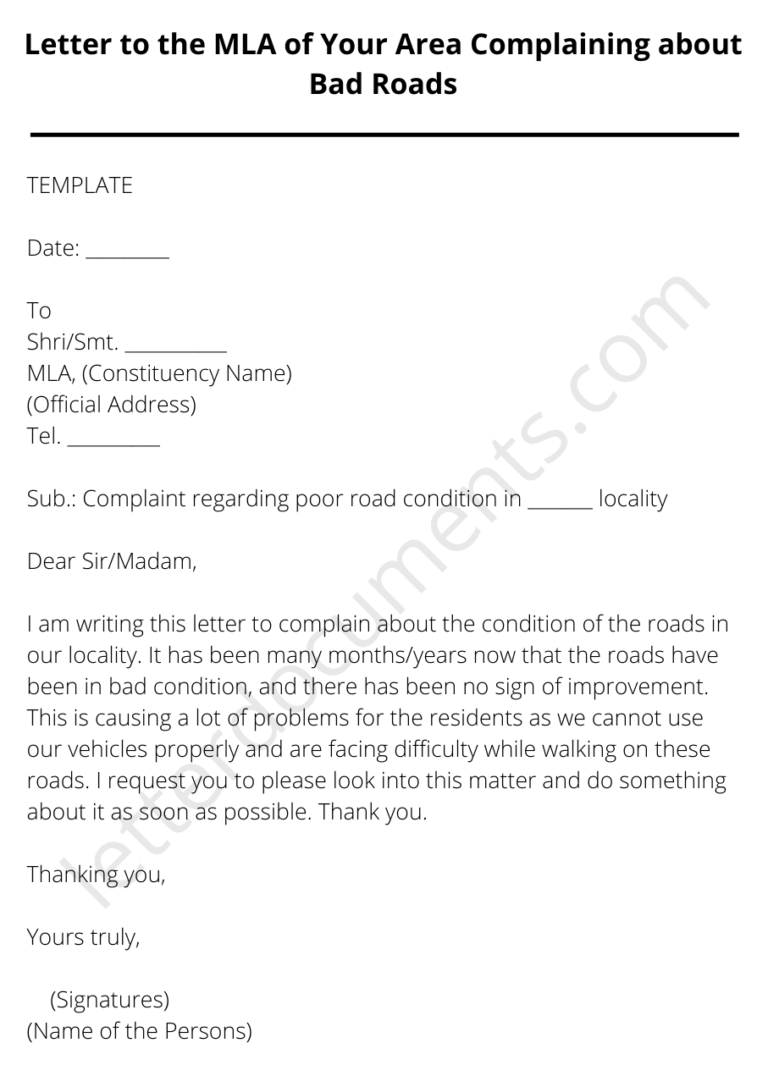Letter to Police for Lost Stolen Missing Purse Wallet
It is always a shock and a cause for great concern when we realise that our purse or wallet has gone missing. If you have lost your purse or wallet, the first thing you should do is contact the police and file a report. This will help to ensure that your personal belongings are returned to you as soon as possible. In addition, you should also take the time to cancel all of your credit cards and other vital documents that were inside the purse or wallet.
When you are writing a letter to the police to report a lost or stolen purse or wallet, there are a few things that you will need to include to make sure that your report is accurate and complete. First, you will need to provide your personal information, such as your name, address, and phone number. You will also need to give a detailed description of the missing purse or wallet. Be sure to include any unique features or identifying marks to help the police identify them.
In addition, you should also provide a list of all of the items that were inside the purse or wallet when it was lost or stolen. This includes any credit cards, cash, or other valuables. Finally, you should also include a recent photo of yourself and a copy of your driver’s licence or ID card. By including all of this information, you can ensure that the police will have everything they need to help you get your belongings back.
As a responsible citizen, there may be times when you need to communicate with the police station. It could be for reporting a crime, seeking help, or submitting a complaint. Writing a letter to the police station is an important step towards getting the assistance you need. In this article, we will provide you with a comprehensive guide on how to write a letter to the police station.
Similar Post: Passbook Lost Application to Police
Importance of Writing a Letter to the Police Station
Writing a letter to the police station is crucial for several reasons. Firstly, it is a standard mode of communication that ensures that your concerns are documented and registered with the police. This helps in keeping track of the complaints received and their status. Secondly, it provides a clear and concise account of the incident or problem you face, making it easier for the police to understand the situation and take appropriate action.
How to Write a Letter to the Police Station?
Writing a letter to a police station can be daunting, but it is essential to be clear and concise in your communication. Start by addressing the letter to the police station or specific officer you wish to contact. Please briefly introduce your purpose for writing the letter, whether to report a crime, provide information, or request assistance. Be sure to include relevant details such as dates, times, locations, and other important information that may assist the police in their investigation. Use a formal and respectful tone throughout the letter, and include your contact information in case the police need to follow up with you. Close the letter by thanking the police for their time and assistance. Remember that the police are there to help and serve the community, so it is essential to communicate respectfully and clearly.
Step 1: Format of the Letter
The first step is to ensure that the letter follows a standard format. The letter should be written on white A4 paper, using black or blue ink. Begin the letter with the date, name, and address of the police station you are addressing. It is essential to mention the subject of the letter clearly and concisely.
Step 2: Salutation and Introduction
The letter’s salutation should be “To the Officer-in-Charge,” followed by the rank and name of the officer. In the introduction, briefly state your purpose for writing the letter. For instance, if you report a crime, mention the nature of the crime and the date and time it occurred.
Step 3: Body of the Letter
The body of the letter should provide a detailed account of the incident or problem you are facing. It is essential to include all relevant details, such as the names and addresses of the people involved, any witnesses, and any evidence you have. Be sure to provide a chronological sequence of events to help the police understand the situation better.
Step 4: Request for Action
In the final paragraph of the letter, request the police to take appropriate action. For example, if you report a crime, request the police to investigate the matter and take necessary steps to bring the perpetrator to justice. If you are seeking help, request the police to provide the necessary assistance..
Step 5: Closing
In the closing, thank the police for their time and consideration. Sign off with “Yours faithfully” followed by your name and signature.
Similar Post: Mobile Lost Complaint Letter to Police
FORMAT
Date:___________
From
(Name of the Complainant)
(Residential Address)
(Telephone Number)
(Email Id)
Dear Police Department,
I am writing to report a lost or stolen purse or wallet. My name is ____________ and my contact information is ____________. On the date of ____________, I believe that my purse or wallet was taken from ____________.
The purse or wallet is described as ____________ and it contained the following items: ____________. A recent photo of myself is attached, as well as a copy of my driver’s licence or ID card.
Thank you for your help in this matter. I would appreciate any assistance you can provide in locating my purse or wallet as soon as possible.
Sincerely,
Your Name_________
Your Address_________
Your Phone Number_________
Attachments: Photo of Yourself, Driver’s Licence or ID Card Copy
Conclusion
In conclusion, writing a Thank You Letter to your boss when leaving the company is a great way to show your appreciation for the support and guidance you have received during your tenure. Remember to express your gratitude, highlight your accomplishments, mention your next steps, and end with a positive note. The samples provided can serve as a useful guide to help you get started. A well-written Thank You Letter can leave a positive impression on your boss and colleagues, and help you maintain a professional network for the future.

